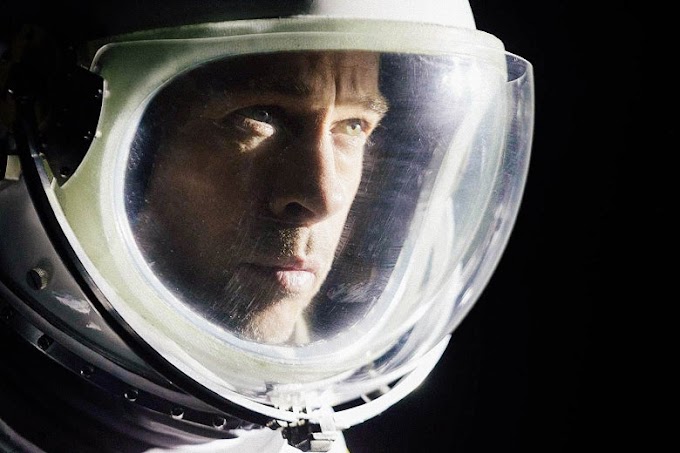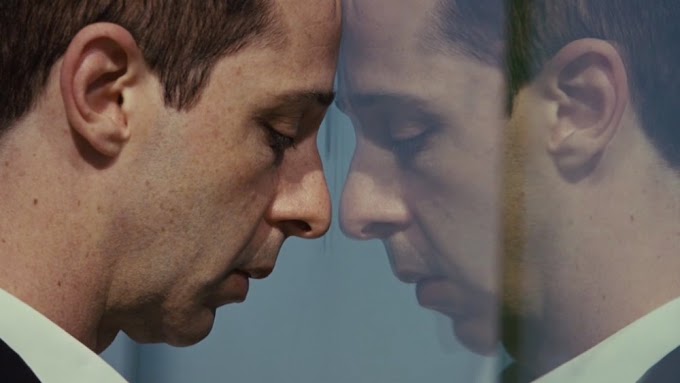The novel, written as a memoir narrated by the world’s first English-speaking chimpanzee, centres around the life of said chimpanzee, from his childhood in Lincoln Park Zoo where he lived with several other chimps, including his dim-witted, frog-fucking father, right up until the present day as an old, bald, upright, university educated chimp who is both an acclaimed artist and theatre director, locked up in a research facility for a misdemeanour against his human captors.
The story takes us from chimp childhood to manhood with some of the greatest prose I’ve ever read. Bruno, it becomes evident, is a great lover of the English language and he uses it as eloquently and as wittily as any human could as he tells his story of love, loss and evolution. From zoo to research centre, on to the home of his first and only love, Lydia, who plays mother, teacher and, eventually, um, lover, to young Bruno, the tale focuses on both Bruno’s acquisition of language as much as his growing understanding of the human world, which both overwhelms and confuses him as well as spellbinds him with beauty, art and Sesame Street.
In seeing humanity from an outside perspective, Bruno asks important and philosophical questions about the sometimes evil and sometimes worrying nature of mankind, why it is that humans are the only creatures to kill their own kind for personal gain and why science when studying biology will often overlook the irrationality of the human brain in favour of rational answers. Why, he asks, are humans so adamant they are so different from all other animals? All that is separating him from them is language, he explains, and once he gains this ability, the ability to put his thoughts into words and so cement his own desires, memories and thoughts into reality, so he too becomes human.
Eloquent as he is, Bruno tells of a number of instances in his life when he has failed to stifle his most primal of urges. But his acts of violence and bursts of unstoppable animality, like the time he bit the finger off Lydia’s lesbian lover because he didn’t want a damn raison – or the time he went crazy during his own art exhibition, or, regrettably, the time he killed a man – are narrated with such insight and such honesty that we can’t help but root for him throughout, hating the humans for imprisoning him and for treating him as nothing more than an object of science.
We follow Bruno through the New York subway, performing Shakespeare with a morbidly obese down-and-out actor, to the waiting room of an illegal Brazilian plastic surgery clinic where he awaits a new human nose. And throughout we wonder, what is it to be human? What is language, what is love? And what is the world without a means to express ourselves? It is at once witty, smart emotive and thought provoking, a book that forces us to look with more curiosity and a whole lot more empathy at the animals around us. Especially those chimps.
Do yourself a favour and read this book.
In seeing humanity from an outside perspective, Bruno asks important and philosophical questions about the sometimes evil and sometimes worrying nature of mankind, why it is that humans are the only creatures to kill their own kind for personal gain and why science when studying biology will often overlook the irrationality of the human brain in favour of rational answers. Why, he asks, are humans so adamant they are so different from all other animals? All that is separating him from them is language, he explains, and once he gains this ability, the ability to put his thoughts into words and so cement his own desires, memories and thoughts into reality, so he too becomes human.
Eloquent as he is, Bruno tells of a number of instances in his life when he has failed to stifle his most primal of urges. But his acts of violence and bursts of unstoppable animality, like the time he bit the finger off Lydia’s lesbian lover because he didn’t want a damn raison – or the time he went crazy during his own art exhibition, or, regrettably, the time he killed a man – are narrated with such insight and such honesty that we can’t help but root for him throughout, hating the humans for imprisoning him and for treating him as nothing more than an object of science.
We follow Bruno through the New York subway, performing Shakespeare with a morbidly obese down-and-out actor, to the waiting room of an illegal Brazilian plastic surgery clinic where he awaits a new human nose. And throughout we wonder, what is it to be human? What is language, what is love? And what is the world without a means to express ourselves? It is at once witty, smart emotive and thought provoking, a book that forces us to look with more curiosity and a whole lot more empathy at the animals around us. Especially those chimps.
Do yourself a favour and read this book.








0 Comments